Publications
Share


Reports
This report highlights the cyclical relationship between climate-induced loss and damage and growing fiscal debt levels in Caribbean SIDS. The report offers several policy recommendations to break the cycle of debt and climate vulnerability.
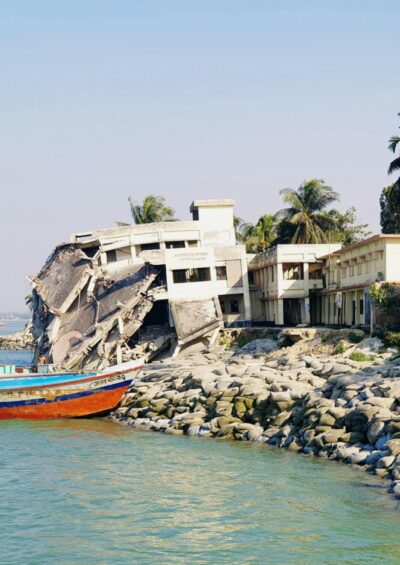
Reports
At COP28, delegates agreed to operationalise a fund to compensate vulnerable countries coping with loss and damage caused by climate change. This report proposes a method for how to calculate how much finance the Global South needs for loss and damage.
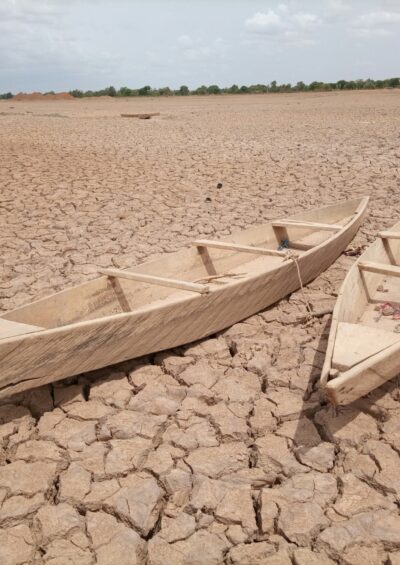
Peer-reviewed Papers
Loss and damage is treated as comprising separate ‘economic’ and ‘non-economic’ dimensions. This commentary argues that the two are inextricably linked and applied research should account for the multifaceted and cascading nature of loss and damage.
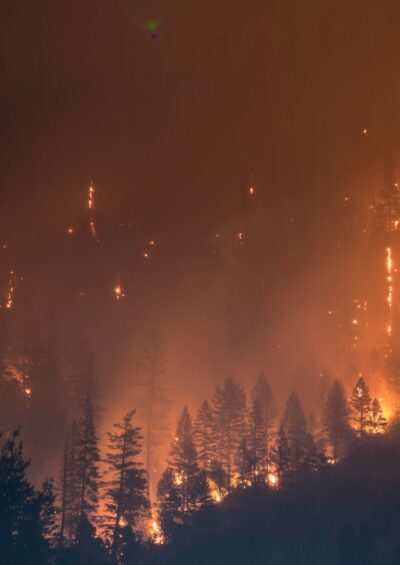
Peer-reviewed Papers
With climate extremes hitting nations across the globe, disproportionately burdening vulnerable developing countries, funding for loss and damage is an acute need. Attribution science can provide useful information for decision makers.
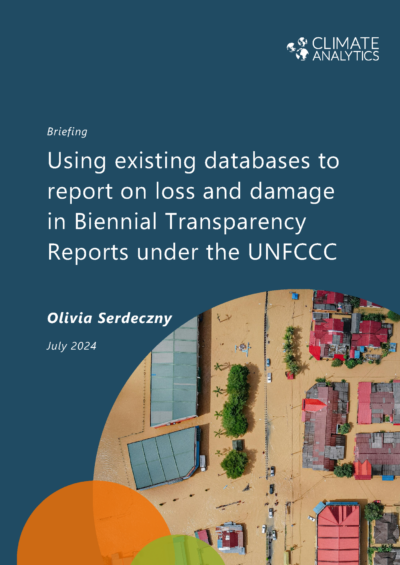
Briefings
Calculating financing needs to respond to loss and damage requires response activities to be costed. However, comprehensive assessments of current and future loss and damage costs are largely unavailable. This briefing proposes using existing databases as proxies in the interim.
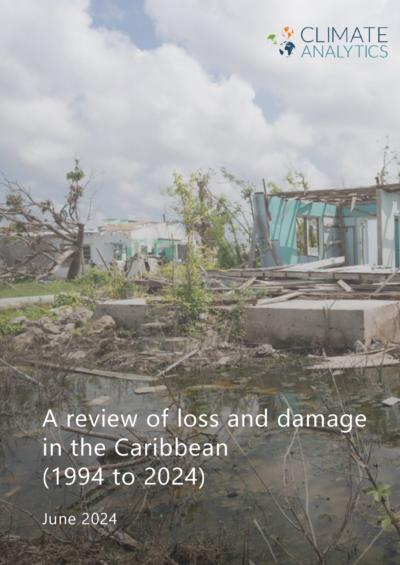
Reports
Loss and damage from climate change has been the lived reality of Caribbean small island developing states (SIDS) for decades. Despite efforts to adapt, it is reversing development gains, leaving lasting financial stress, and causing irreparable damage, including the loss of cultural heritage. This report is the first to provide a systematic overview of how Caribbean countries are framing and reporting on loss and damage.